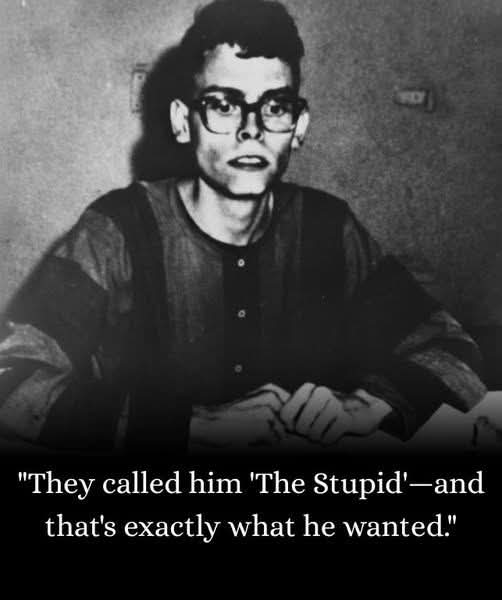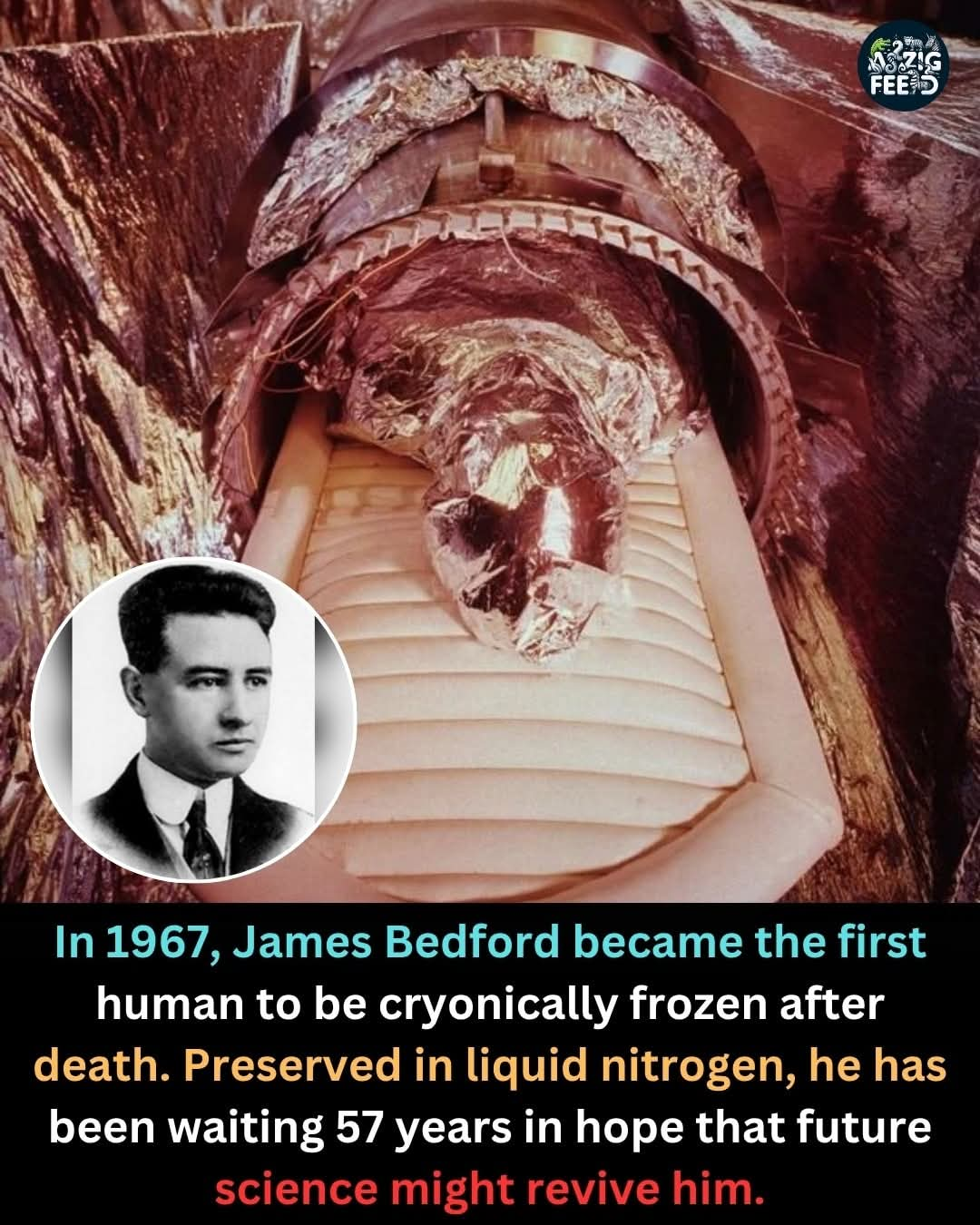![]()
Bruce Lee, the legendary martial artist and film star, died unexpectedly on July 20, 1973, at the age of 32, just weeks before the release of his breakthrough film Enter the Dragon. His death shocked the world. Lee had complained of a headache and was given a painkiller before lying down to rest at the Hong Kong apartment of actress Betty Ting Pei. He never woke up. The official cause of death was listed as cerebral edema — swelling of the brain — and was ruled "death by misadventure," a term used when death is accidental but linked to risk-taking behavior.
However, the sudden loss of such a vibrant and physically fit icon led to widespread speculation and countless conspiracy theories. In Hong Kong and beyond, rumors spread that Lee had been assassinated by Chinese triads or rival martial artists who resented his growing influence. Others suspected he had been cursed, possibly due to disturbing ancient traditions or rejecting cultural expectations by teaching martial arts to non-Chinese students. Still more bizarre theories involved secret societies, poisoning by jealous colleagues, or even being targeted by Japanese ninjas — all unsupported by hard evidence but persistent in the public imagination.
Despite the controversy surrounding his death, Bruce Lee’s legacy only grew in the decades that followed. His philosophy of Jeet Kune Do, which emphasized adaptability and fluid motion, influenced martial artists and athletes worldwide. His film career, though brief, revolutionized action cinema and brought Asian culture to the global stage. Today, Lee is remembered not only for his lightning-fast moves and magnetic screen presence, but also for his discipline, intellect, and enduring cultural impact. His untimely death remains a subject of fascination, a tragic end to a life lived with unmatched intensity.
Source: History of the world





